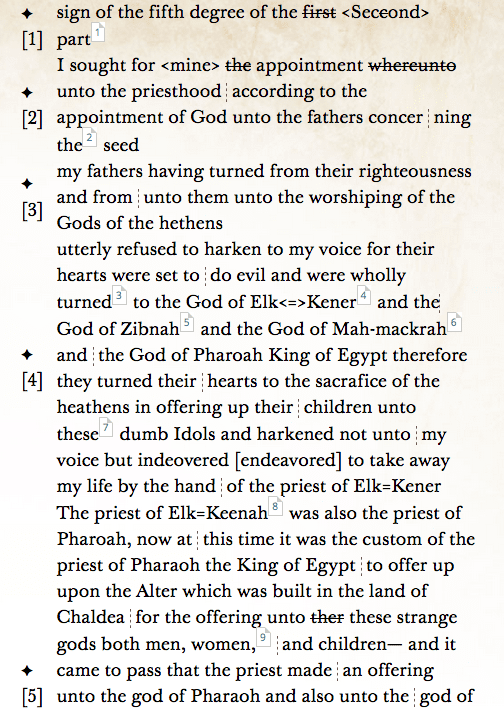One of the more popular “easy” arguments to dismiss the Book of Mormon is that the name Alma is a woman’s name. Many critics have pointed out that it’s a Latin female name, and some have also argued that while it may be a Hebrew name, it’s a woman’s name in Hebrew, making the Book of Mormon’s male character of that name a dead give-away for Joseph Smith’s fraud. Robert Boylan discusses a recent case of this argument being used to summarily dismiss the Book of Mormon.
The exciting news, known to many LDS readers since 1973 when Hugh Nibley reviewed a significant 1971 book by Israeli archaeologist Yigael Yadin, is that Yadin’s discovery of the ancient Bar Kokhba letters revealed that Alma actually is a Jewish male name, for one of the documents mentions “Alma son of Judah.” In the Hebrew, it’s spelled with 4 letters, alef-lamed-mem-alef, and Yadin transliterates it simply as “Alma.” Boylan kindly provides the following image of the document bearing that name (on the right side):
The sad thing is that we could have been celebrating this find over a decade earlier, for Yadin mentioned “Alma son of Judah” from that ancient document much earlier in a 1961 publication. If LDS readers had only noticed, then today we could complain about our critics being nearly 60 years behind on Book of Mormon scholarship rather than nearly 50 years behind. Such a lost opportunity.
The earlier publication is Yigael Yadin, “The Expedition to the Judean Desert,” Israel Exploration Journal, vol. 12, no. 3/4, 1961 (1962), pp. 227-257 (37 pages), which Boylan also mentions. The journal is a publication of the Israel Exploration Society. You can access it at Jstor.org. Here are images of portions of pages 252 and 253 (click to enlarge):
As Boylan explains, Alma is also attested in other documents as a legitimate ancient Near Eastern name, but I especially like the clarity of “Alma son of Judah” from the Bar Kokhba Letters.
Many popular arguments against the Book of Mormon have had similar surprises. Not all, but many.
Alma not only goes from being a disastrously bad choice of a made-up name to a plausible ancient Hebrew man’s name (something that ought to raise a few eyebrows), but the apparent meaning of the name is played upon several times in the Book of Mormon text in the manner of Hebrew word plays, something that occurs with a large number of names in the Book of Mormon, as Matthew Bowen has shown (regarding Alma, see this 2016 article and this 2017 paper). There’s always more than meets the eye in these Book of Mormon issues. Always worth digging more.














Thanks, great information.
This is very helpful. I just figure it out, thank you so much. This adds fuel to keep my faith burning 🔥❤️❤️❤️